Listen to Part 1 - podcast with Brian Roemmele about Alexa hardware and more
Brands have defining points with their customers, as any human relationship does. What makes a brand successful longterm? How does voice play a role?
Subscribe free wherever:
Topics and Timestamps:
02:00 How do we build a relationship in which our customer is the hero? (A la Storybrand framework)
02:53 All products, companies, and brands are a relationship with their consumer.
03:20 Every purchase is an emotional purchase because it is defined by neurological reactions - neuropeptides bombard every cell of our body when you make a purchase
04:00 Every brand has an emotional connection to the people who use their products. Some covet it better than others. This means a narrative is being spun overtly or covertly all the time.
Apple has a powerful brand narrative on a cerebral (higher brain) level
05:45 It took millions of years for apes and chimps to speak and listen: we had to create a new O.S., the neocortex on top of the limbic system in order to communicate
07:15 Neuropeptide release of a transaction or purchase - pleasure in the body, your cells will remember this
08:15 Carl Jung - the twelve archetypes
Archetypes, introduced by Swiss psychiatrist Carl Jung, are models of people, behaviors, or personalities. Jung suggested that archetypes are inborn tendencies that influence behavior.
08:30 Voice has the opportunity unlike any other one (including film) to create a rich deep emotional lifelong connection with the customer. If you do this ethically and build the persona correctly for our brand that resonates with your cohort
09:00 The human agenda is connection
09:45 Brian consults with brands and tell them to understand where the transaction and neuropeptide release occurs
09:55 A voice comes from a person - it’s not a thing - it has a persona (a life, a gender, a background) - we are hardcoded to assign these traits to a voice
10:25 We instantly categorize anything we hear or see anthropomorphically because of flee or flight mechanism
11:05 Your brand has a voice: who is it? Fashion brand example from Brian’s work
11:30 It is impossible to make a persona that caters to everyone: there is no voice of everybody
12:05 You need to assign a Jungian or Myers Briggs archetype to your brand
12:30 Your customer is on their own hero’s journey, along with you (Apple and Patagonia and Tiffany and Starbucks do this or have done this well)
14:00 Why is Alexa female? This could be a smart move by Amazon: female voice = authority on a neurological level! - profoundly important. Google has an androgynous voice - a mistake? Brian would argue yes.
14:15 The voice of authority is and always will be a female. The first voice your hear is your mother. Long before eyesight you have the resolution of identifying your mother - this is a survival mechanism evolution has granted. That is why we are wired for communication and voice.
15:40 We can’t change our hardwiring in our brains - female voice is authoritative, especially one in tune with your mother’s voice (can prove this neurologically)
16:10 Anthropologically and culturally, the wise woman (hence the archetype) was always the leader of the tribe until western culture labeled them witches
17:30 The divine feminine and goddess culture came because women were the voice of authority, which we knew instinctually. Women became the voice of the tribe and holder of wisdom. “Don’t eat that, you will die.” Sounds like mom.
18:40 We are a victim and a success story of our reptilian brain
20:15 If a brand keeps us too reptilian we are probably not going to be longterm fans or customers; jealousy or FOMO pulls at the lizard brain but that is short term thinking. Apple is successful because they get cerebral (higher brain, invoking ideas of fashion)
19:15 There is more to this than throwing out an app, you are building a tapestry to weave between the customer for life. We define our life by our brand relationships to some degree, e.g., “That’s when I owned that car, that’s when I got my first iPhone…”
Thomas the Tank Engine helps children make sense of the world
20:20 It’s not the brand we connect to, it’s the story and its role in our own narrative (e.g. Thomas the Tank Engine helped kids understand the confusion of the world with “The little engine that could.”
21:00 90% of what we do on our computers is trying to make sense of the world, e.g. social media as confirmation that what we did was right
21:15 Brand expression is to attract members of a desired tribe (e.g. why I use Apple)
22:20 When we build voice brands (brands around voice, which are coming) - ask: what does your brand sound like? Who is it? Where did they grow up? This is more than a Hollywood storyboard - and this is why you need experts to help with branding.
























